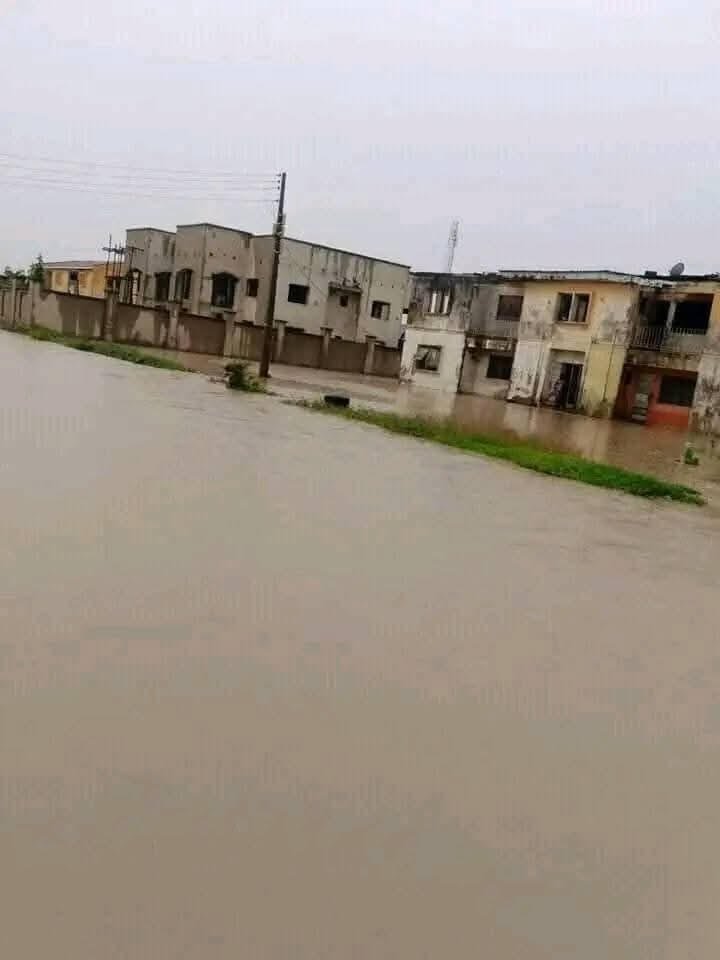Korede Abdullah in Lagos
In a bid to enhance maternal and infant health outcomes, the International Center for Environmental Health and Development (ICEHD), in partnership with the Martins Lydia Foundation (MLF), held a crisis emergency preparedness training for traditional birth attendants (TBAs) in Ibadan.
The training, hosted at St. Patrick Primary School in Abebi, Ibadan North West Local Government Area, focused on equipping TBAs with the skills to recognize danger signs during pregnancy and childbirth.
“It’s important that traditional midwives can identify early warning signs such as facial swelling, convulsions, or prolonged labour,” said Mrs. Hannah Sowemimo. She further emphasized the need for immediate postnatal care, including skin-to-skin contact and early breastfeeding.
“Everything a child needs to grow is found in the mother’s breast milk, especially the first milk,” she said, advocating for exclusive breastfeeding for the first six months.
Nigeria ranks among the highest in the world for child mortality, with thousands of infants dying from preventable causes each year. Many of these deaths occur in rural areas where access to hospitals and trained medical professionals is limited. Traditional midwives often serve as the first—and sometimes only—point of care during childbirth.
The training also addressed common missteps in traditional birth practices that contribute to high maternal and infant mortality. Mrs. Mary Morohunfolu, one of the facilitators, described the session as “a necessary eye-opener,” noting that poor practices and lack of proper documentation can lead to avoidable deaths.
She called on TBAs to “keep proper medical records, understand their patients’ histories, and prioritize saving lives over financial gain.” Morohunfolu also stressed the importance of timely referrals to health facilities when complications arise, highlighting the dangers of handling high-risk cases beyond their expertise.
By targeting knowledge gaps and promoting modern techniques within traditional frameworks, the initiative seeks to strengthen community health systems.
Through education and collaboration, ICEHD and MLF aim to bridge the divide between traditional and clinical maternal care, empowering midwives to provide safer deliveries and ultimately reduce maternal and infant mortality rates in the region.



